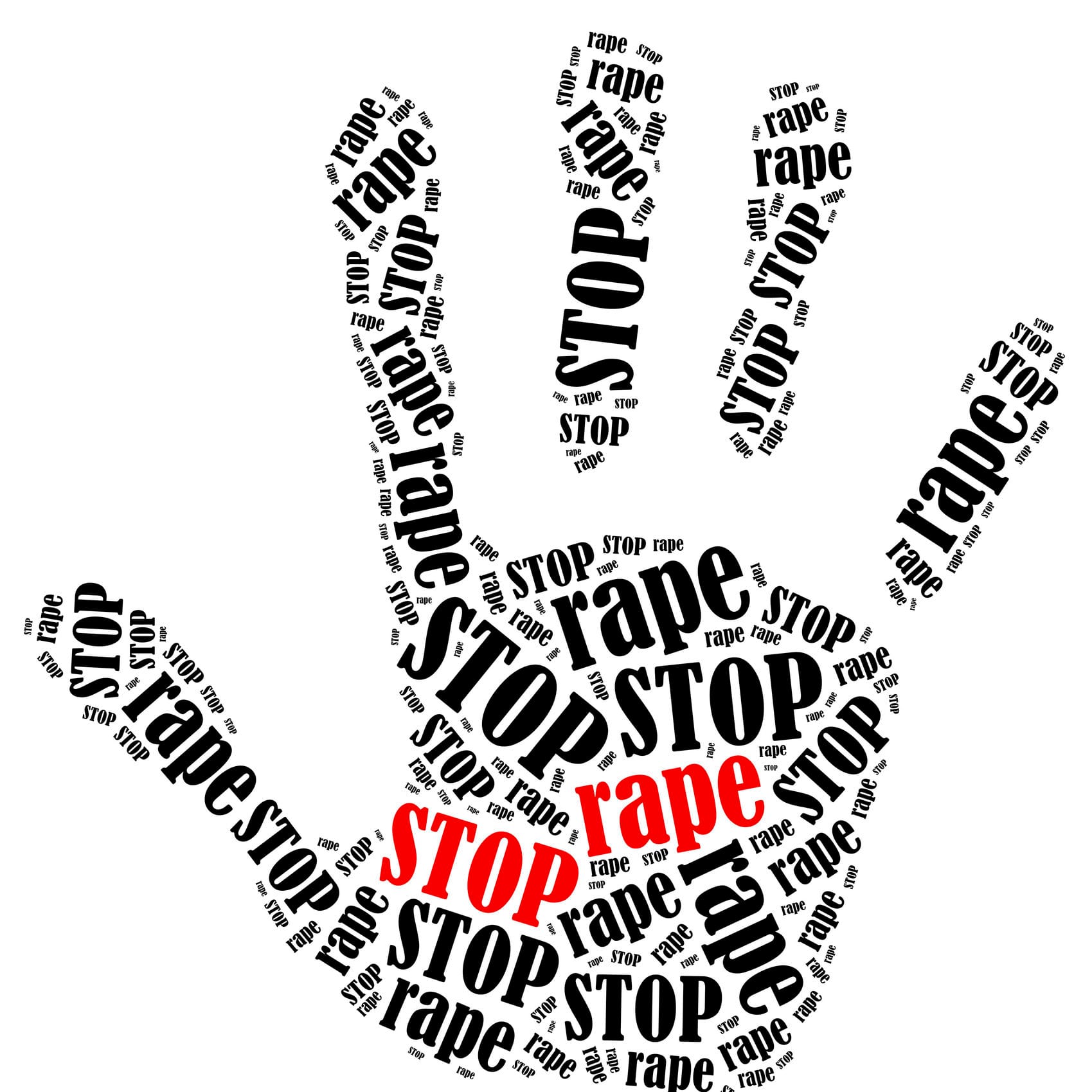Education is key: Monash responds to report into sexual assaults at unis
🔗 [SYSTEM UPDATE] Link found. Timestamp incremented on 2025-11-26 13:55:13.Monash has responded to a national survey that found more than half of Australian university students were sexually targeted in 2016, with LGBTIQ youth being up to twice as likely to have been assaulted than those who...


By AMELIA LIM
More than half of Australian university students were sexually targeted in 2016, with LGBTIQ youth being up to twice as likely to have been assaulted than those who identified as heterosexual, a national survey has found.

Of the 30,000 students who were surveyed from 39 universities across the country, 51 per cent were sexually harassed on at least one occasion, according to the Australian Human Rights Commission.
It also revealed 44 per cent of students who identified as bisexual and 45 per cent of trans and gender-diverse students were sexually harassed in a university compared with 23 per cent of heterosexual students.
The majority of students did not seek support from their university because they felt the incident was not serious enough or they did not need any help, the report – Change the course: National Report on Sexual Assault and Sexual Harassment at Australian Universities 2017 – said.
Deputy Vice-Chancellor of Monash University Susan Elliott said Monash University had a zero-tolerance policy towards all acts of sexual harassment and assault.
“We like all universities across Australia see one incident as unacceptable, we are committed to creating a safe environment, on and off campus for all students and staff and the wide community,” Prof Elliott said.

Monash University, in conjunction with Universities Australia, has unveiled a nation-wide 10 point action plan aimed at preventing sexual assaults or harassment through education.
All Monash students are enrolled in an online consent video via their learning platform, Moodle. That is the only compulsory sexual awareness program for students.
Monash University criminology expert Dr James Roffee said having harsh laws against perpetrators of crime are not as effective of a deterrent than education and rehabilitation because there are high chances they will reoffend.

“We should be punishing people for their bad behaviour, but the law itself doesn’t do the deterrence, education deters people,” Dr Roffee said.
“When someone is drunk and it’s late, they probably are not going to think about the law because they just want their enjoyment because they see it as a sense of privilege and entitlement and they are going to do anything to enjoy it and the law would not stop them,” he said.
In line with the 10 point action plan, Universities Australia has established an around-the-clock helpline for victims of sexual crimes.
Monash has been working with student organisations to develop the Respect. Now. Always. Support App to help victims navigate the available support services and options on how to report a sexual assault.

Learning should not stop at the university level, Dr Roffee said, as the broader community needed to be informed for the campaign to end sexual assaults against university students to reach success.
He said victims should not feel responsible “for somebody’s bad behavior” and should seek immediate support.
“People commit bad things because they cannot control themselves – you shouldn’t have to not be out late at night, you shouldn’t have to wear something that someone else deems is safe, you shouldn’t have to not drink – and if we start at that standpoint, then the problem is with the offender, not with the victim,” Dr Roffee said.
“We have to go societally, this is not just Monash. Our students are great students but we need to not just teach our students, we need to teach society about appropriate behaviour.”





